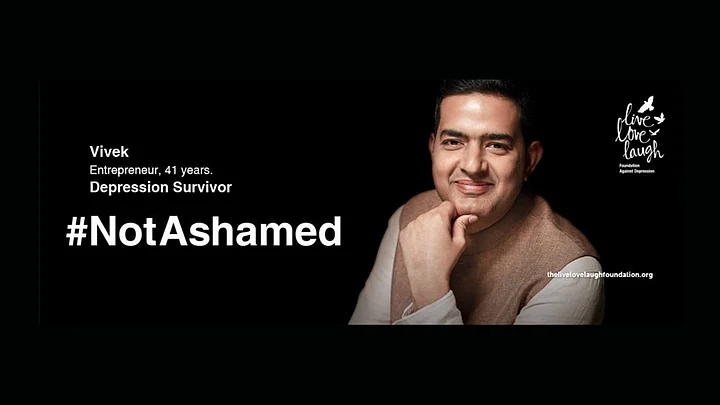Today is World Mental Health Day and there couldn’t have been a better time to take a look at the enormity of India’s mental health crisis:
- The World Health Organisation’s estimates show that nearly 50 million Indians suffer from depression, while about 30 million are grappling with anxiety disorders.
- India’s mental health burden has huge economic repercussions. According to a report, between 2012 and 2030, mental health will account for 20 percent of India’s economic loss. This amount is estimated to be to the tune of $6.2 trillion.
- Last year, at an event, President Ram Nath Kovind had said that India is facing a ‘mental health epidemic’.
Despite this alarming situation, the attitude of Indians towards mental health is anything but encouraging. A report by non-profit The Live Love Laugh Foundation (TLLLF) corroborates this. TLLLF was set up in 2015 by actor Deepika Padukone to champion the cause of mental health in India, with a focus on depression, stress and anxiety. It works towards reducing stigma and creating mental health awareness. Since its inception, it has spearheaded several landmark initiatives.
The report, that surveyed 3,356 respondents across 8 cities, shows that a whopping 47 percent Indians are highly judgmental of people perceived as having a mental illness. This only gets worse with 26 percent of the respondents saying they fear being perceived as someone who has a mental illness. Ironically, a large number of people that displayed stigma and fear towards the mentally ill belonged to the higher socio-economic class. In comparison to these two categories, 27 percent of respondents, who were supportive of people with mental illnesses, belonged to a younger age group (18 to 24 years) and a comparatively lower socio-economic background.
The survey also laid bare India’s attitude towards mental health: 14 percent of the respondents were fearful of those who suffer from mental illnesses, while 28 percent displayed hatred and 43 percent showed anger. Such behaviour is only likely to further alienate those who are coming to terms with their mental illness. This shows that while there is growing sympathy, acceptance is still far away.
In the run-up to World Mental Health Day, TLLLF started a nationwide campaign in the first week of October. The objective was to get people to share their stories on mental health using #NotAshamed that will help reduce the stigma.
The campaign featured real-life survivors of mental illnesses whose identities were masked. They posed relevant questions such as ‘I suffered from depression, should I be ashamed?’ and prompted the public to respond with a Yes or No. The identities of the survivors were revealed subsequently and they declared that they’re #NotAshamed to acknowledge their experience with mental illness.
Here’s one such video.
One of the survivors who was a part of the campaign was Deepika herself. Here’s what she has to say of the campaign: “Starting today, I urge mental illness survivors to share their stories using the #NotAshamed campaign hashtag. We believe this will be empowering for the individual who shares his or her story, as well as give confidence to others who are silently suffering from depression, to come out and seek help.”
Talking about the stigma attached to mental health problems in India, Anna Chandy, Chairperson of the Board of Trustees, TLLLF, said, “Stigma stems from a general lack of understanding about mental health. This forces people to suffer in silence and further isolate themselves. Stigma excludes all who do not fit into what is deemed as proper.”
India still has a lot of ground to cover when it comes to encouraging those suffering from mental illnesses to speak out. A campaign such as this, backed by a social influencer like Deepika, has the potential to remove the stigma attached to mental illnesses and bring the topic into the mainstream. For more information or professional help, visit their website.
